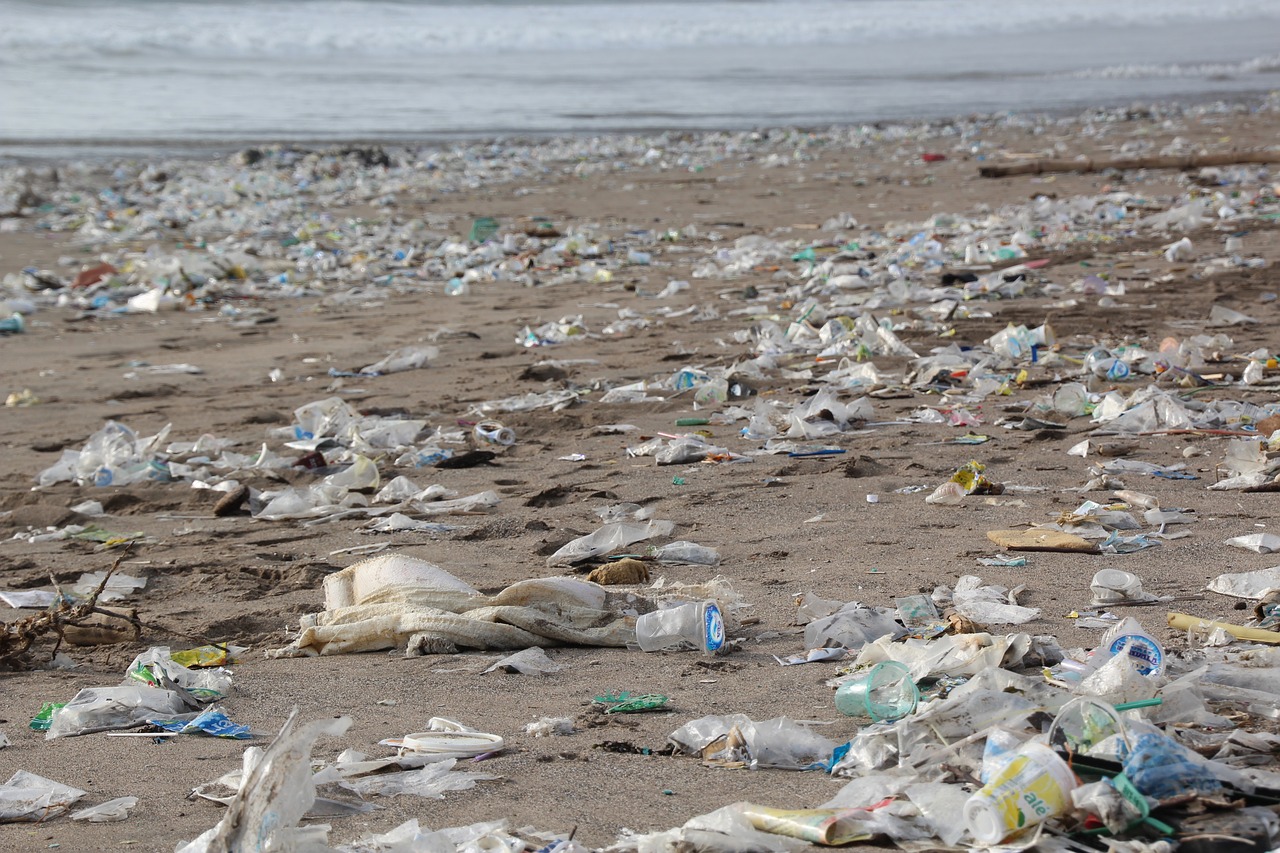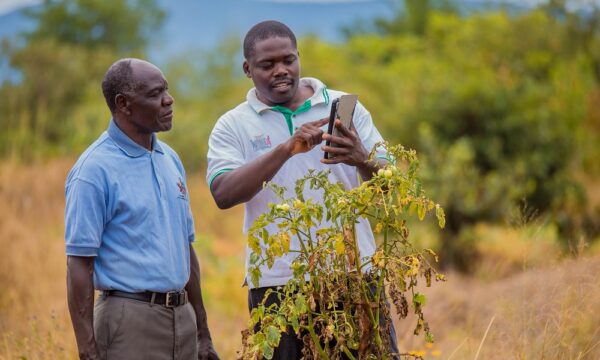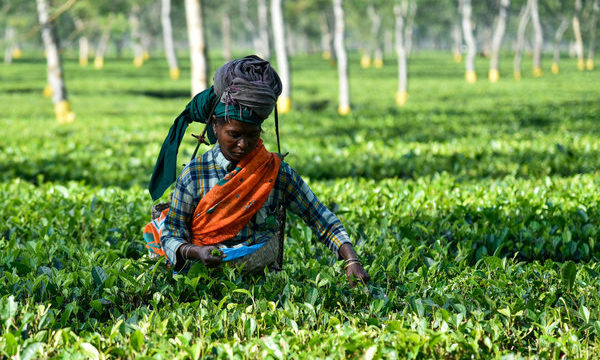[Image credit: Pixabay – hhach]
This blog post was written by our new Content Editor – Ellen Baker, ahead of Earth Day on Sunday 22nd April.
This year the annual environmental issues awareness event ‘Earth day’ is focussing on the topic of plastic pollution; the problems generated by our high usage of single use plastics have been a campaign point for numerous environmental groups for many years but the topic of plastic pollution has recently been brought to the forefront of public discussion by the hugely popular BBC documentary Blue Planet II. Prompted by the poignant last episode of the series which featured this topic heavily, the nationwide programme narrated by Sir David Attenborough has appeared to catalyse a change in public opinion on plastic waste, what some have subsequently dubbed this the ‘Blue planet effect’.
This social movement has not gone unnoticed by the government who have recently entered into the Commonwealth Clean Oceans Alliance which will act as a cross-country pledge to encourage the reduction of plastic usage [3]. With a microbeads ban and plastic bag charge already in place thanks to public pressure [4] the next targets for UK government action are plastic straws. Over 550 million plastic straws are used everyday in the US & UK and many establishments have already started to phase out plastic straws in favour of paper ones in anticipation of legislative changes. In recent response to a petition asking for a 5p charge on straws, the government has put out a call for evidence on the effect of taxes and charges on single use plastics in order to inform decisions on reducing usage of disposable plastics.
Coffee cups, whose plastic lining means they require specialist recycling facilities, were brought to the forefront in 2015 by Hugh Fearnley-Whittingstall [1]. Whilst there has been improvement in the uptake of compostable cups and the largest coffee chains in the UK have all introduced a discount for customers providing reusable cups the majority of drinks are still served in standard cups and subsequently 99.75% end up in land fill. One alternative being used by retailers, as well as hospitals and schools, in the UK is Vegware. Vegware is one of the biggest providers in the UK of compostable plastic replacements, e.g. coffee cups and cutlery, and its sales have increased by more than a third in the last two years.
Science too is also trying to provide solutions to the plastics problem, for instance researchers at the University of Bristol have shown how polystyrene can be repurposed to aid in cleaning up harmful synthetic dyes [5]. Researchers at Portsmouth University have also been engineering a naturally occurring enzyme capable of breaking down PET in order to increase its efficiency [2].
So this Earth Day why not try and cut back on your plastic usage to help our environment, here are just a few small changes you can make that will have a big impact:
- Use re-usable cups and bottles for hot and cold drinks
- Request to not have a straw in your drink or ask if they have paper ones
- Use cotton buds that have a paper stick rather than plastic
- Carry your own shopping bags
- Use tupperware instead of Clingfilm
To read more about Earth Day and how you can get involved and to sign the Earth Day petition to help end plastic pollution, follow the links below:
https://www.earthday.org/end-plastic-pollution-petition/
To read more about the issues discussed in this article see the links below:
- http://www.bbc.co.uk/news/science-environment-43739043
- http://www.bbc.co.uk/news/science-environment-43783631
- https://deframedia.blog.gov.uk/2018/04/16/monday-16-april-commonwealth-unites-to-end-scourge-of-plastic/
- https://www.sciencedaily.com/releases/2017/09/170918132726.htm
- https://www.sciencedaily.com/releases/2018/03/180314101959.htm
Related articles
Related News & Blogs
This Earth Day, how is CABI working to address climate change?
Climate change severely impacts agriculture and the environment. It amplifies risks from extreme weather, such as droughts and floods. It accelerates the spread of crop pests and diseases, disrupting ecosystems that we rely on for food security. Moreov…
22 April 2025





